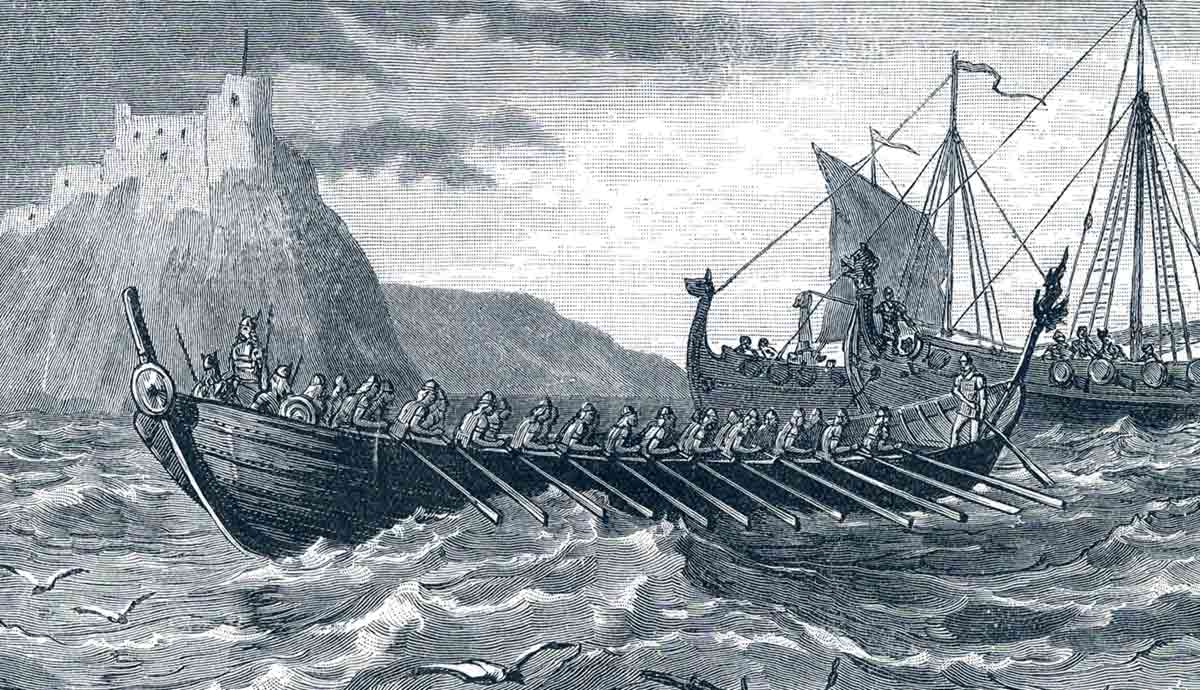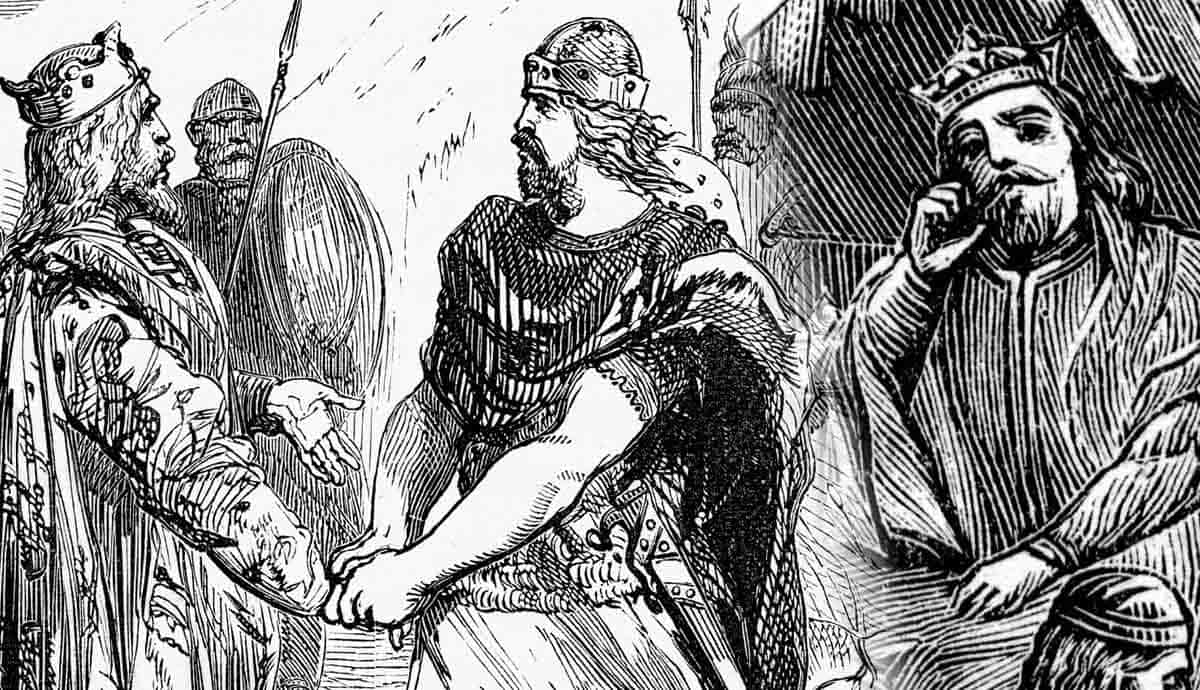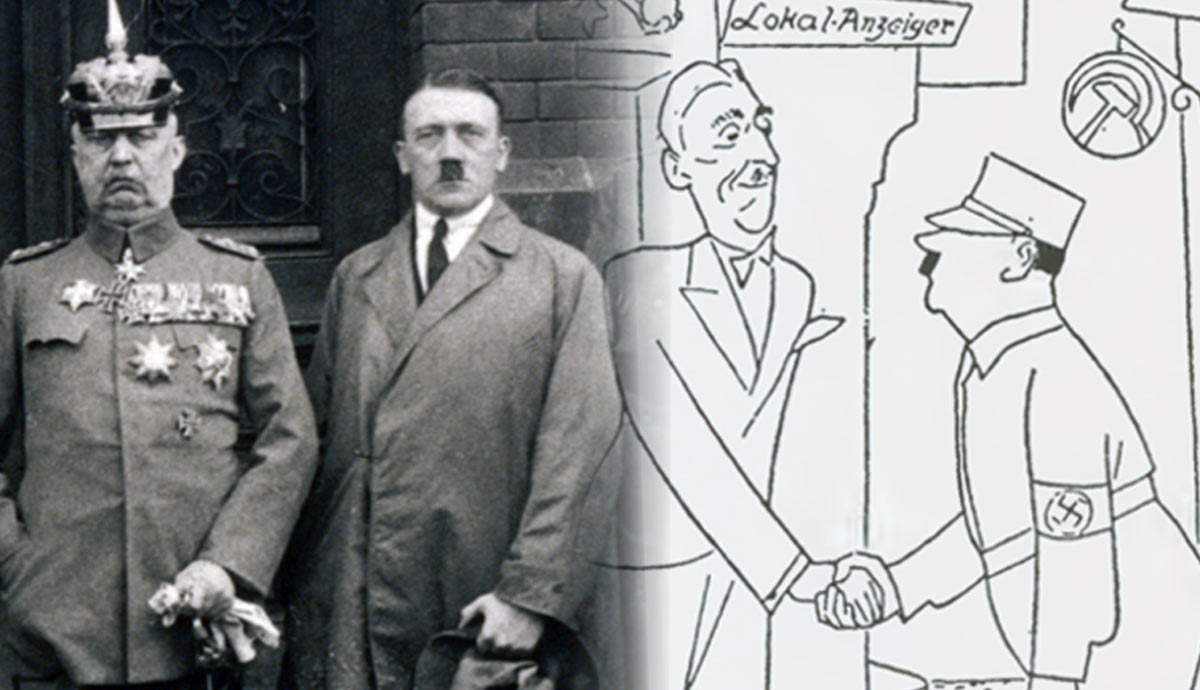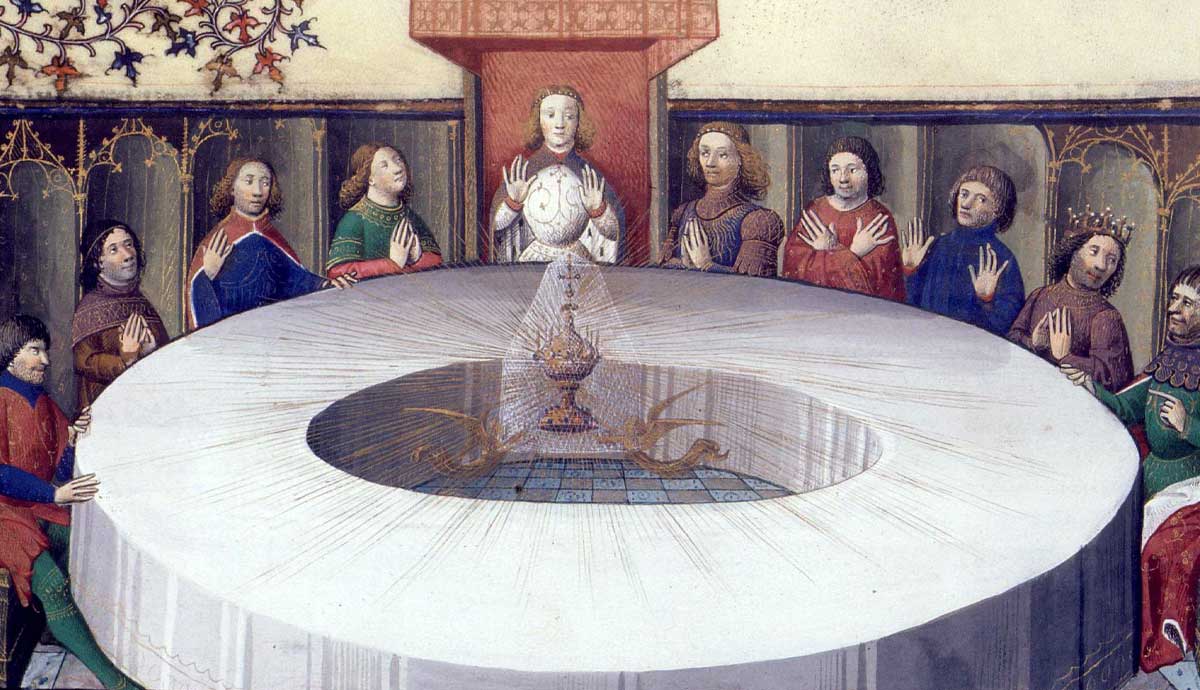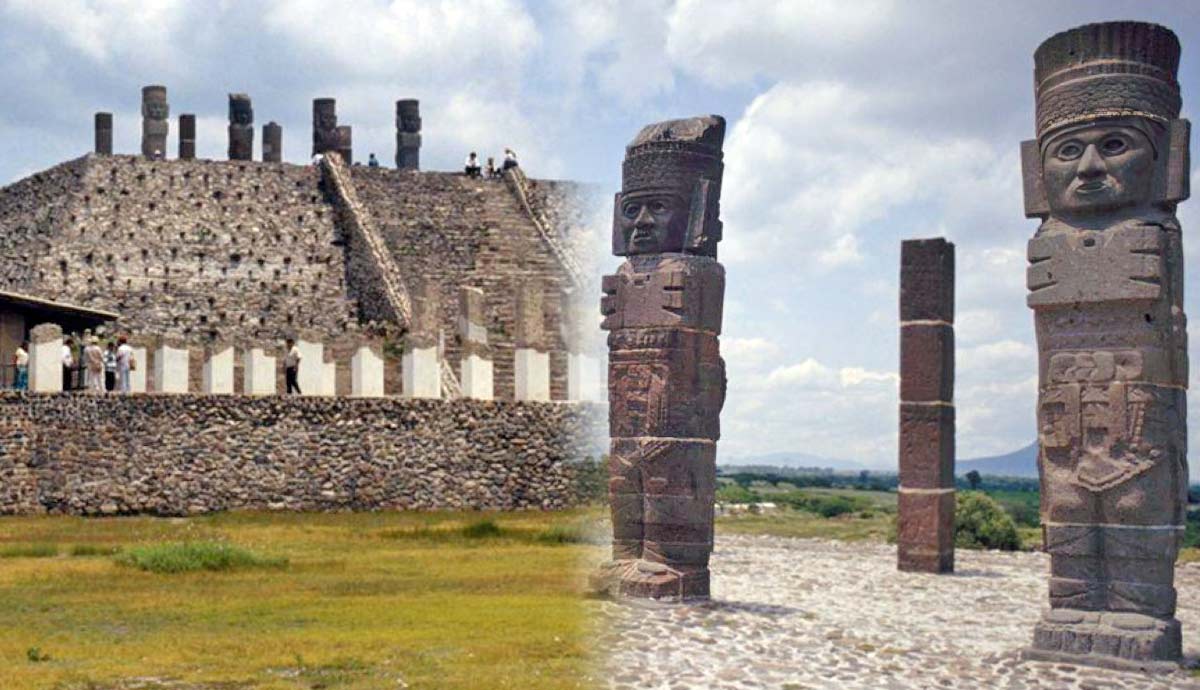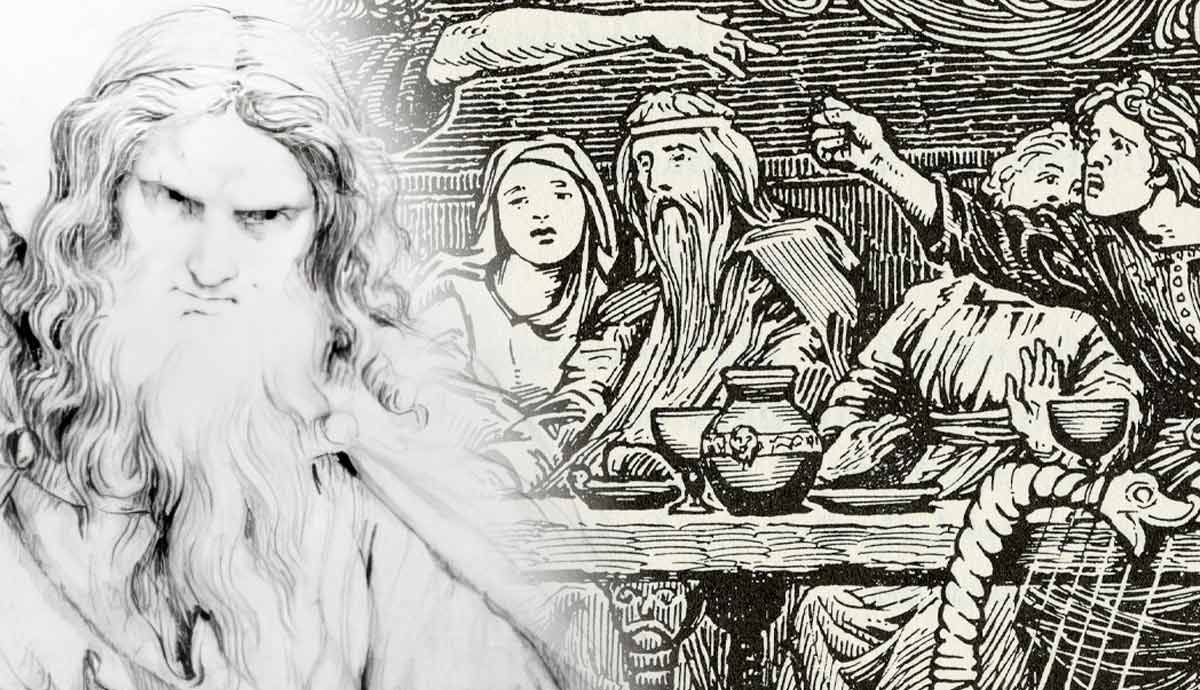
Bragi Boddason was a famous Norwegian skaldic poet who lived in the first half of the 9th century and composed poetry about the legendary Ragnar Lodbrok among others. But some people believe that Bragi Boddason is also Bragi the god, the Skaldic poet of Valhalla who lived among the Aesir gods and composed poems about their deeds.
But what do we know about Bragi the man, and what evidence is there that he is also Bragi the god? Read on to meet the most famous Skald in Viking history.
Bragi the Skald

Skaldic poets were composers and reciters of Skaldic verses, one of the types of poetry popular among the Vikings. They were often attached to the courts of chiefs and kings and composed verses about the deeds of their king, his warriors, and ancestors, or about the legendary deeds of gods and heroes.
Bragi Boddason, also known as Bragil Hinn Gamli (Bragi the Old) was a famous Norwegian Skald from the 9th century. He was from a family of Skalds. He married Loptheona, the daughter of another famous Skald Erpr lutandi, who was a Skald at the court of the Swedish king Eysteinn Beli. Eysteinn was apparently made king of Sweden by Ragnar Lodbrok but then went to war with Ragnar’s sons. Among Bragi’s descendants was another famous Skald, Gunnlaugr Ormstunga (serpent tongue), who was a famous Skald in Iceland.
According to the Icelandic historian Snorri Sturluson, Bragi was a Skald for the semi-legendary ruler Ragnar Lodbrok, Eysteinn Beli, and then Bjorn at Haugi, apparently the son of Bjorn Ironside. This suggests that he was active between 835-900. There are enough attestations of Bragi Boddason to confirm that he was a real person, but stories about him confronting a troll woman and identifying a changeling are probably fictitious.
The only work by Boddason that partially survives is the Ragnarsdrapa, a poem recounting the deeds of the eponymous hero, and describing the legendary scenes on a decorated shield that Ragnar gave the poet.

Fragments quoted by Sturluson in his Prose Edda suggest that Bragi’s stories included the story of the heroes Hamdir and Sorli avenging their sister with the help of Odin, the cursed never-ending battle between Hedinn and Hogni, the story of the fishing trip on which Thor almost caught the Midgard Serpent Jormungandr on his line, and the story of the goddess Gefjun separating Zealand from the rest of Sweden with a plow.
According to Egils Saga, Bragi also composed a Skald to ransom his own head when he angered King Bjorn. The hero of the saga, Egil Skallagrimsson, followed his example when he found himself in trouble with Erik Bloodaxe.
Bragi of Valhalla

Bragi was also the name of the god of Skaldic poetry in Norse mythology, and some people have suggested that Bragi Boddason and Bragi the god were one and the same.
Bragi was the Skald of Valhalla, in Odin’s great hall in Asgard, where the bravest fallen warriors lived. There they train, fight, and feast until they are called on to fight again alongside the gods at Ragnarok. Bragi welcomed new warriors when they arrived in the hall and composed poems about their incredible deeds to entertain the group of dead warriors, collectively known as the Einherjar.
The earliest reference to the god Bragi comes from 954, in the Eiriksmal, which describes Bragi in Valhalla asking Odin why he has taken the life of the brave king Erik Bloodaxe. This timeline means that Bragi of Valhalla could have been Bragi Boddason, taken to Valhalla after his death to serve its warriors.
While individual fallen warriors were never treated as gods, Bragi is often described as being among them, suggesting a kind of apotheosis.
Bragi the God

According to the surviving sources for Norse mythology, Bragi was married to the goddess Idun, who tended to the magical orchards of Asgard that produced the golden fruits that ensured the youth and immortality of the gods.
Marrying Idun could have been enough to see the gods accept Bragi as one of them. This is seen in several cases. For example, when the giantess Skadi came to Asgard to seek vengeance for the death of her father Thjazi, rather than fight her, the gods offered to pay for the death. Payment included letting Skadi marry one of the gods.
Bragi at the Lokasenna

Bragi may have served a similar role among the gods as he did in Valhalla. In another story, when Loki tries to invade a dinner to which he was not invited, Bragi is the first to try and turn him away. This may suggest that as the court Skald, this was his role. In the end, Loki is allowed to enter because he reminds Odin of the old blood oath between them to never eat unless it was together.
Loki is allowed to enter and goes on to insult all the gods in a story known as the Lokasenna. Loki initially greets all the gods but pointedly ignores Bragi. The Skald then tries to win his favor by offering Loki his sword, horse, and arm ring as gifts. Loki rejects these, calling Bragi a coward.
Loki’s treatment of Bragi could be because he was considered lesser than the other gods present in some way. He may have called him a coward because he earned his place in Valhalla with his tongue—which was apparently engraved with runes—rather than his sword.
When Idun comes to her husband’s defense, Loki accuses her of embracing her brother’s killer. This is probably a reference to Bragi, but whatever the story is, it is now lost.
With only this information available, we are left to speculate about Bragi’s status among the Norse gods.
God of Poetry

While Bragi is listed in myths as one of the Norse gods, there is no evidence that he was ever worshiped by the Vikings as a god of poetry. He is never invoked in surviving poems for divine inspiration.
Odin may have played a more important role as a muse or source of divine inspiration. This is because Odin was associated with the Mead of Poetry, a magical drink that gave the drinker mastery over the spoken word.
The mead was made after the Aesir-Vanir War when the two tribes of gods mixed their spit to declare a truce. This potent mixture was then used to make a man called Kvasir, considered the most intelligent being in the universe. When two dwarves met Kvasir, they decided to kill him and use his blood to make the Mead of Poetry.
Dwarves who go around killing people for their blood tend to make enemies, and they soon fell afoul of a giant, who demanded the mead in payment. Odin then learned about the existence of the mead and came up with a magical plot to steal it.
At the end of his adventure, Odin drinks all the mead, and holds it in his stomach, and then turns into an eagle to fly back to Asgard with the mead. On the flight, while being chased, he either lets some of the mead fall from his mouth or expels some as urine over the world of men. This is the mead that gives human skalds their skills. The rest he spat into three giant drinking horns in Asgard.
The Apotheosis of Bragi

It is possible that Bragi Boddason was considered such a skilled poet that the Vikings believed that he was taken to Valhalla after his death to serve as the Skald of the fallen warriors there. Marrying the goddess Idun, he soon found himself among the gods.


